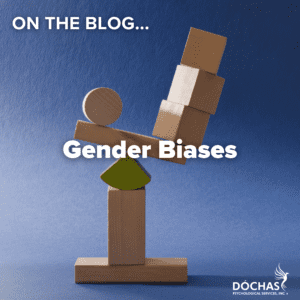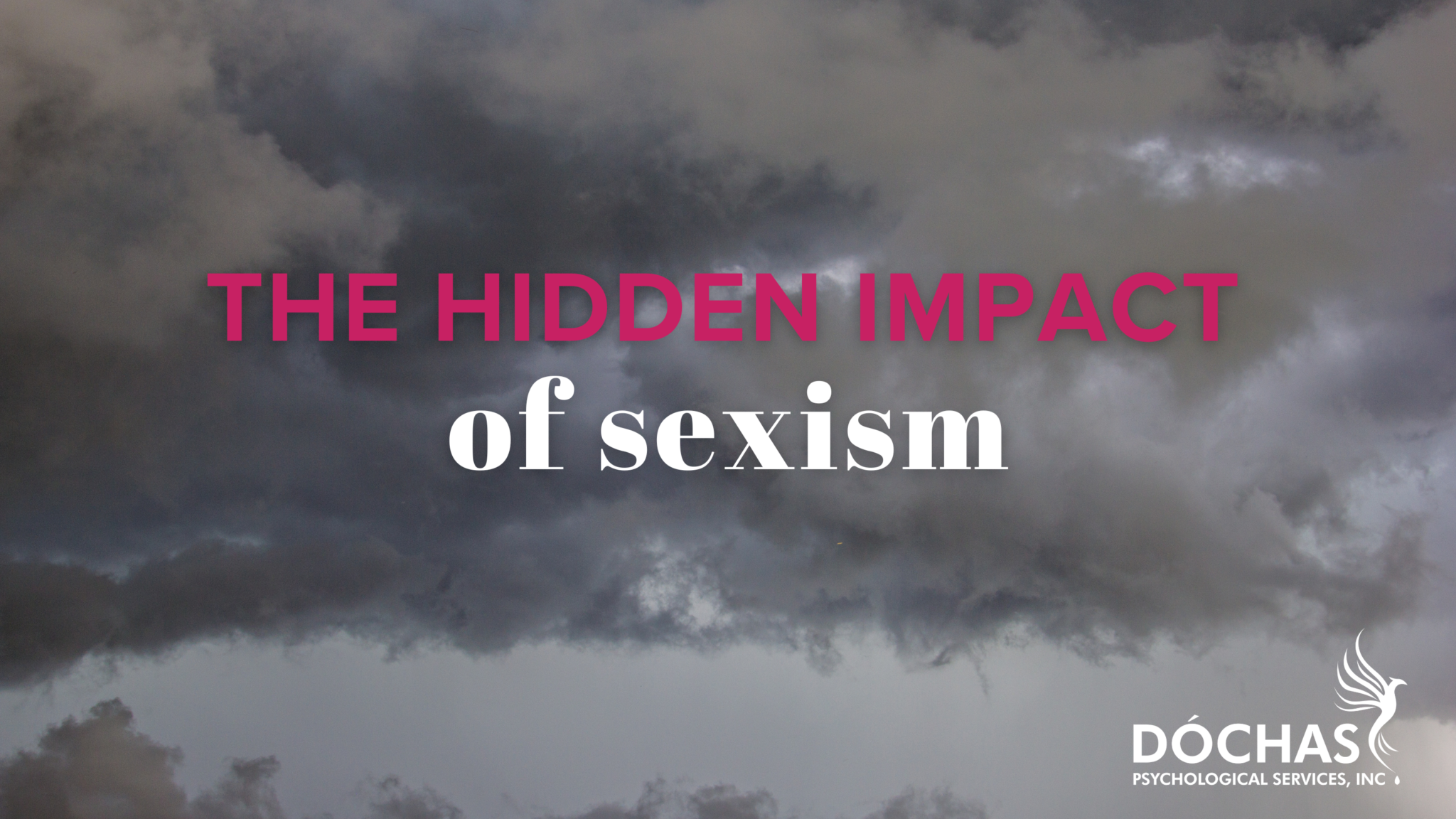Sexism is so deeply ingrained in our society that many people may not even recognize it when it happens. It manifests in countless ways, affecting women in their personal, professional, and emotional lives. It’s Skye on the blog this week – in honour of Women’s History Month, let’s take a closer look at how these biases show up and the effects they have on women.
Gender Biases

An example of this can be seen in athletic or competitive settings. When a man expresses anger or frustration, he is often described as passionate or driven. However, when a woman shows the same emotion, she is more likely to be labeled emotional, irrational, or even crazy. Women are often expected to be agreeable, calm, and cooperative, even in situations where anger or frustration is a natural response. This double standard reinforces the idea that women should suppress their emotions, leading to harmful mental health consequences.
Sexism in History

Historically, women have been viewed as less valuable than men. This perspective has perpetuated a series of systemic inequities, with women juggling multiple roles, often without the same support or recognition that men receive.
Women are more likely than men to face the challenge of managing a career while also shouldering the bulk of child-rearing responsibilities and domestic tasks. These inequities can lead to poor physical and mental health, reduced earning potential, and a lack of personal time to focus on self-care.
The Double-Edged Sword

Women’s rights have come a long way, and today we often tell young women that they can “do it all.” However, while this seems empowering on the surface, it can also set women up for failure. Women are now expected to excel in multiple areas – getting an education, building a career, raising children, and maintaining their household. Meanwhile, society’s expectations for men have not expanded.
This creates an unattainable standard for women. The workload of being a full-time professional, caregiver, and homemaker can be overwhelming. Women who struggle to meet these impossible expectations may feel like they are failing, even though they are actually managing an unsustainable level of responsibility.
Moving Toward Equity
While this blog is focused on women, it’s important to acknowledge that many marginalized and oppressed groups face health inequities and systemic challenges.
There are also modern, well-balanced relationships where both partners share responsibilities equally, managing the household in a fair and less traditional way.
There has been progress in the fight for gender equity, but there is still a long way ahead. Achieving true equity between the sexes means addressing deep-rooted societal norms and challenging the double standards that still hold women back.
Final Thoughts
The normalization of sexism has a huge impact on women’s health, careers, and overall well-being. As we continue to push for change, it’s essential to recognize the hidden barriers women face and work toward creating a more equitable environment for everyone.
By understanding these issues, we can start to dismantle the system that perpetuates inequality.
If you have any questions or concerns, please reach out to Dóchas at 780-446-0300 or info@dochaspsych.com. Book an in-person or virtual appointment with one of our therapists here.
About Dóchas Psychological
Dóchas Psychological Services is a well-established and trusted therapy clinic located in Spruce Grove, Alberta. At Dóchas we value the idea that everyone deserves a safe space. Through connection and education, our team works hard to build a trustworthy relationship with each of our clients. It is our goal to create a community for our clients to feel like they belong.
Disclaimer
Information provided through Dóchas Psychological Services blogs or vlogs is meant for educational purposes only. They are NOT medical or mental health advice. You can read more about our disclaimer here.









